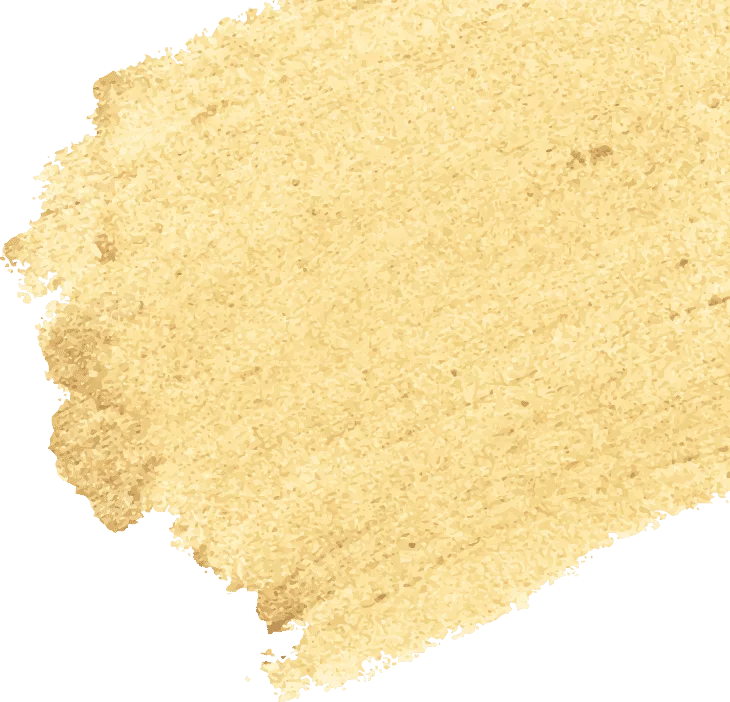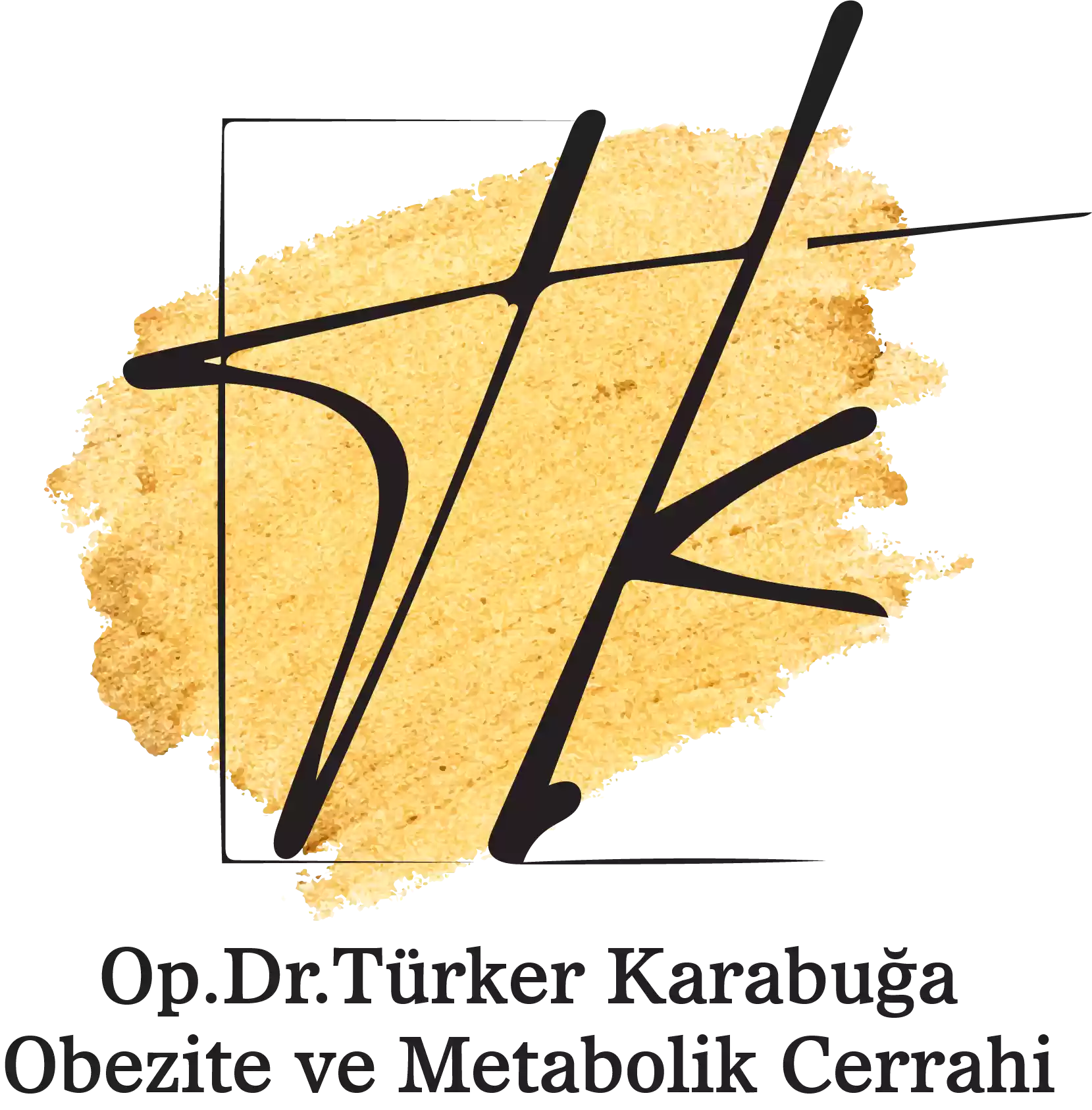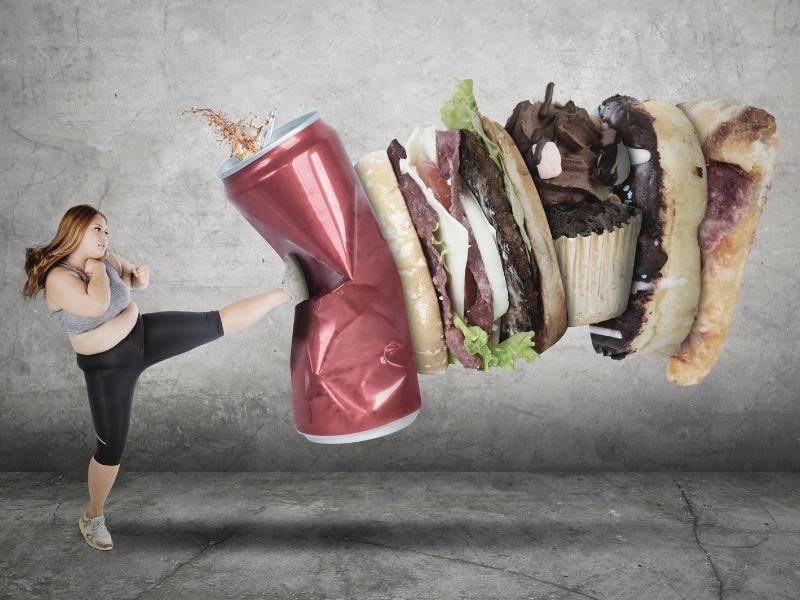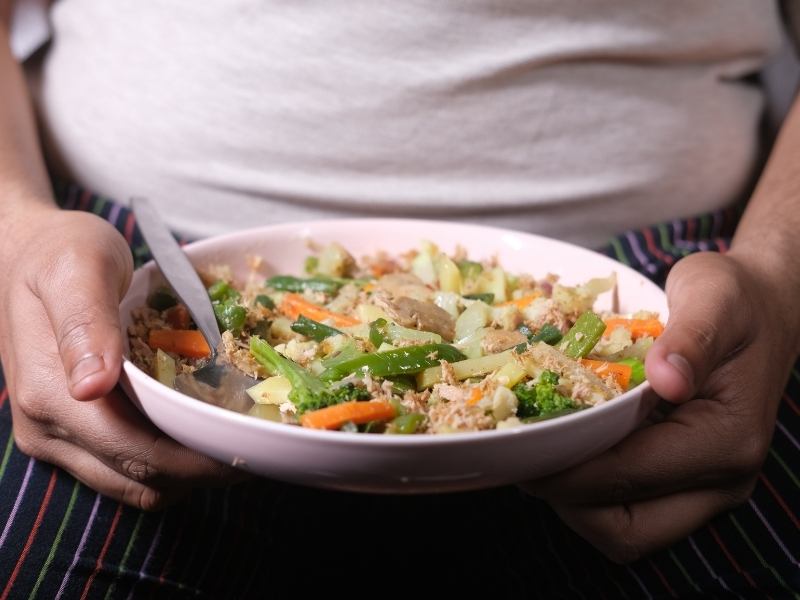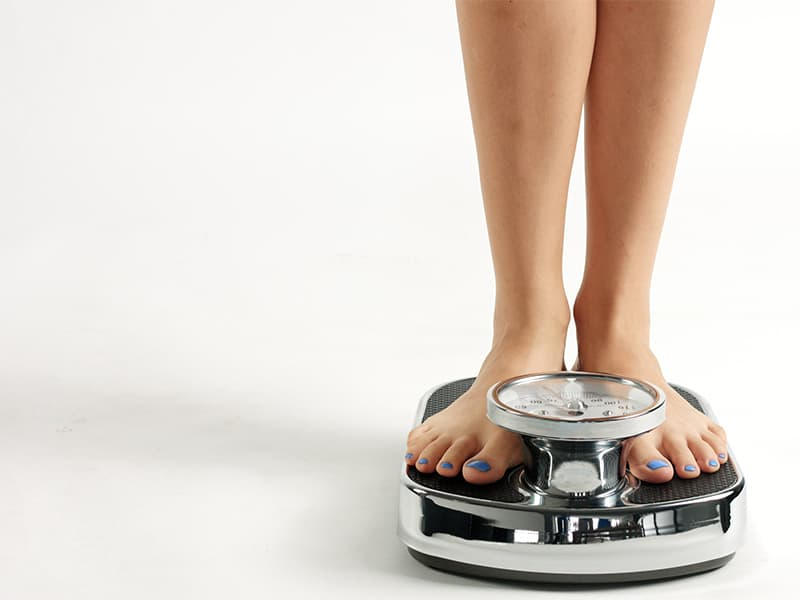Nutrition is of great importance after bariatric surgery. After the surgery, it is necessary to eat properly for the shrinking stomach and to establish a healthy and balanced life.
What Should Be Considered After Obesity Surgery?
After bariatric surgery; it is necessary to pay attention to fluid consumption. Drinking enough fluids is important to prevent dehydration. However, excessive fluid consumption with meals should also be avoided. How you eat is the most important factor after surgery.
It is necessary to leave old habits and consume smaller and healthier portions. The vitamins and minerals the body needs should be taken. Exercise will make weight loss faster after surgery. Muscle mass can also be preserved through exercise.
Psychological support also plays an important role in this process. Since the lifestyle will change, it will be beneficial for the person to go through this process with psychological support.
Foods that should not be consumed after bariatric surgery
Some foods should not be consumed after bariatric surgery. These foods can be listed as follows:
Sugary and high-calorie sweets; such sweets can destabilize blood sugar and trigger weight gain.
Carbonated drinks; carbonated drinks quickly fill the stomach volume. These drinks cause unnecessary calorie intake and can cause stomach upset.
Fatty and fried foods; fatty foods are difficult to digest. Difficult digestion can lead to stomach problems.
Alcohol; alcohol consumption can irritate the stomach after surgery. Alcohol also has a high caloric value.
- Excessive fiber foods; consuming fibrous foods can cause digestive problems after surgery. It is necessary to start consuming fiber foods little by little.
- Caffeine; Since it can irritate the stomach, it is necessary to avoid caffeine as much as possible.
First Week After Obesity Surgery
The first weekafter surgery is very important. It is necessary to spend the first week, which is the most sensitive and critical stage of the surgery, carefully. The following steps are followed after surgery:
- Hospitalization; hospitalization is required for a few days after surgery. This is done to provide general controls and to see how the patient is progressing.
- Fluid intake; water intake is of great importance in the first week after surgery and afterwards.
- Medications; it is necessary to use the medications prescribed by the doctor regularly.
- Diet; diet should be started from the first week. In the beginning, pureed foods should be eaten.
- Movement; heavy lifting and heavy exercises should be avoided.
- Drainage tubes; these tubes can be used in some bariatric surgery procedures. It is important to care for these tubes.
Liquid Diet Period
The liquid diet period is an important element for post-operative recovery. The aim is to support the stomach and allow it to adapt slowly. The liquid diet period after surgery lasts for a few days or a few weeks. During theliquid diet period, consumption should be as follows; water should be the most consumed liquid. Adequate water consumption is an important element to maintain fluid balance and dehydration in the body. It is also important to consume transparent liquids. Transparent liquids include water, herbal teas, apple juice, chicken broth and vegetable juice. Liquid protein supplements may be recommended by a doctor to meet the protein requirement.
Transition to Puree Consistency
Afterwards, the transition to puree consistency is important to slowly adapt the stomach to solid foods. After theliquid consumption period is over, pureed foods are consumed so that the stomach can continue to digest easily but not to strain it too much. Pureed foods are usually vegetables, soft meats and yogurt. It is important to puree foods with high protein value to meet protein needs. It is important to keep portions small.
Transition to Solid Foods
Thanks to the consumption of pureed foods, the transition to solid foods is ensured for the stomach, which begins to prepare for solids. It is important to follow the nutrition plan when transitioning to solid foods. It is important to make sure that solid foods are easy to chew and not too hard. It is necessary to chew the food a lot while eating and send it to the stomach as soft as possible. You should also pay attention to the size of the portions.
Long-term nutrition and follow-up
Although weight loss is rapid in the first months afterobesity surgery, this is a long process. It will take time for the person to reach their ideal weight. For this reason, it is of great importance to go to regular check-ups and to eat and exercise as directed by your doctor. While the person is followed up in the long term, paying attention to mental health also plays a big role in this process. Fluid intake should always be taken into consideration. Do not forget to drink water and always avoid foods that will strain the stomach. Nutrition and its follow-up are of great importance for the success of the surgery.
